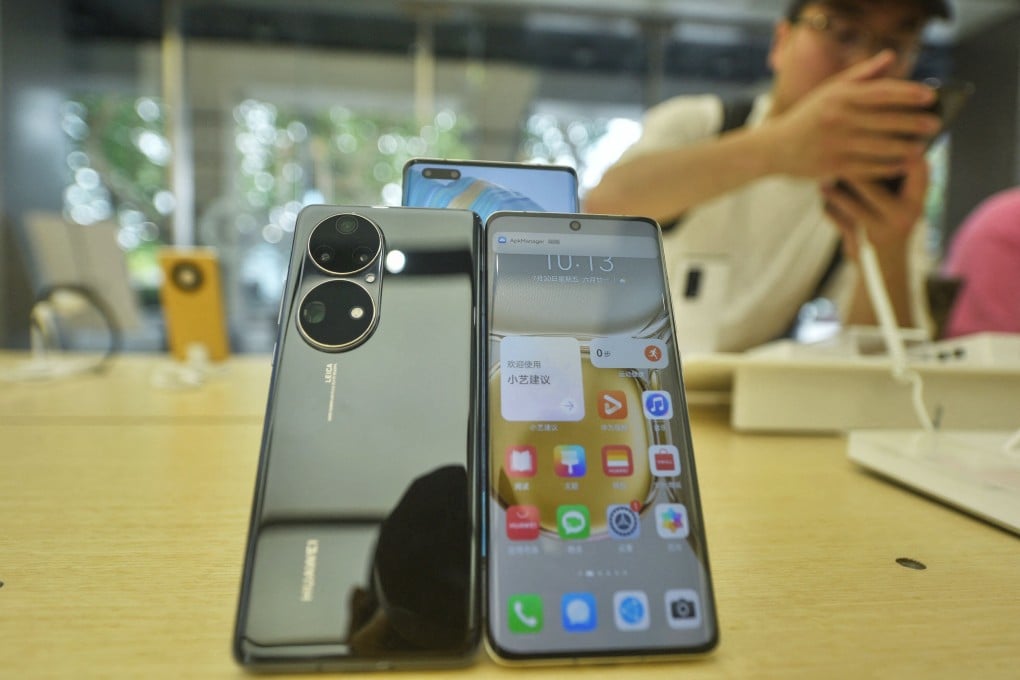Advertisement
Huawei posts worst interim sales slump in decades as smartphone, telecoms gear businesses shrink amid US sanctions
- Huawei’s first-half revenue fell 29.4 per cent to US$49.5 billion
- Revenue from the company’s consumer business group, comprising mainly smartphone sales, nearly halved to US$21 billion in the same period
Reading Time:2 minutes
Why you can trust SCMP
13

Huawei Technologies Co reported its worst interim revenue decline in decades, as US trade sanctions on essential hardware components and software hammered sales at its core smartphone business.
First-half revenue fell 29.4 per cent from a year ago to 320 billion yuan (US$49.5 billion), according to data released on Friday by the Shenzhen-based company, which has been reporting its financial results regularly for more than a decade even as it remains a privately held firm.
Revenue from Huawei’s consumer business group, comprising mainly smartphone sales, nearly halved to 135.7 billion yuan in the first half, from 255.8 billion yuan in the same period last year, as the company’s international market share dwindled over its lack of access to advanced chips.
Advertisement
Huawei’s mainstay network gear business, which sells to telecommunications network operators, declined to 136.9 billion yuan, down 14.2 per cent from a year earlier. The drop was attributed to project delays at China Mobile, the world’s largest wireless network operator, in which Huawei has secured the lion’s share of supply contracts for 5G base stations.
The company, the world’s largest telecoms equipment maker and formerly China’s biggest smartphone vendor, did not report its first-half net profit, but indicated that its interim net margin widened to 9.8 per cent from 9.2 per cent last year.
Advertisement
“Our aim is to survive, and to do so sustainably,” Huawei rotating chairman Eric Xu Zhijun said in a statement on Friday.

01:23
Founder compares Huawei to damaged plane
Founder compares Huawei to damaged plane
Advertisement
Select Voice
Select Speed
1.00x